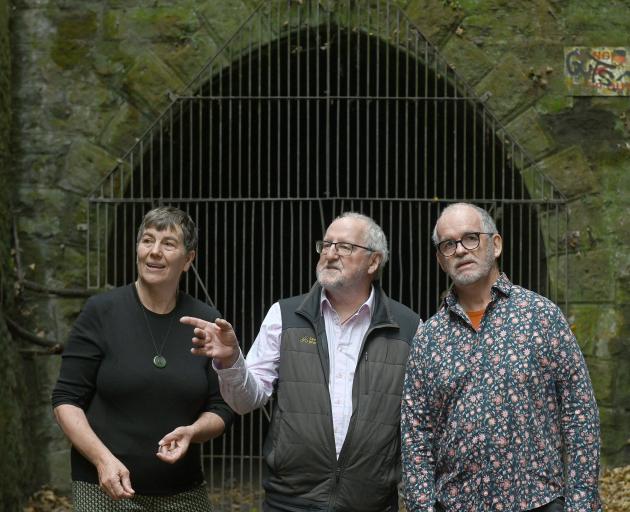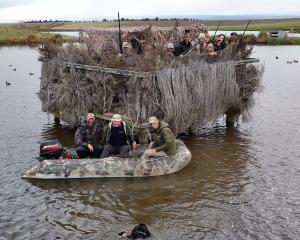During the public forum of this week’s meeting, Christchurch-based Cycle Journeys owner Geoff Gabites urged the council not "the throw the baby out with the bath water" when it comes to investing in cycleways.
His advice comes after the Dunedin City Council earlier this year removed $22.4 million for the Dunedin Tunnel Trails project from its draft nine-year plan which would have linked Dunedin to the wide Otago cycle network.
At the time, Mayor Jules Radich said the cut was part of a $272m cost-saving exercise over the next nine years to reduce pressure on rates.
Mr Gabites said over the summer he had cycled Te Aka Otākou and Lawrence-Waihola trails and told the council by not connecting to other trails in the region, Dunedin was turning its back on an opportunity to become a major cycling hub.
"My lasting impression was that if I was 20 years younger I would be buying a depot here in Dunedin, ready for the obvious link-up to Mosgiel and also north to Oamaru and the [Alps2Ocean].

Mr Gabites said he appreciated the council’s efforts to keep rates low and cycle trails were an investment with proven economic and social benefits.
Also speaking in the public forum was Dunedin tourism operator Kylie Ruwhiu-Karawana (Ngāpuhi), who said it was "glaringly obvious" Dunedin was a "black hole", with no connection to internationally significant trails around the region.
"It’s an opportunity we could lean into to really see better, stronger benefits for Ōtepoti Dunedin — socially, culturally environmentally and economically."
Trails also presented indigenous people an opportunity to connect to their tīpuna [ancestors], she said.
"Many of the trails that you walk on now, my people and many of the indigenous people from around the world have walked those trails for tens of thousands of years beforehand," she said.
"The challenge is, from an indigenous perspective, they don’t have the ability to walk on the trails their [ancestors] walked on . . . [or] to learn the stories in place."












